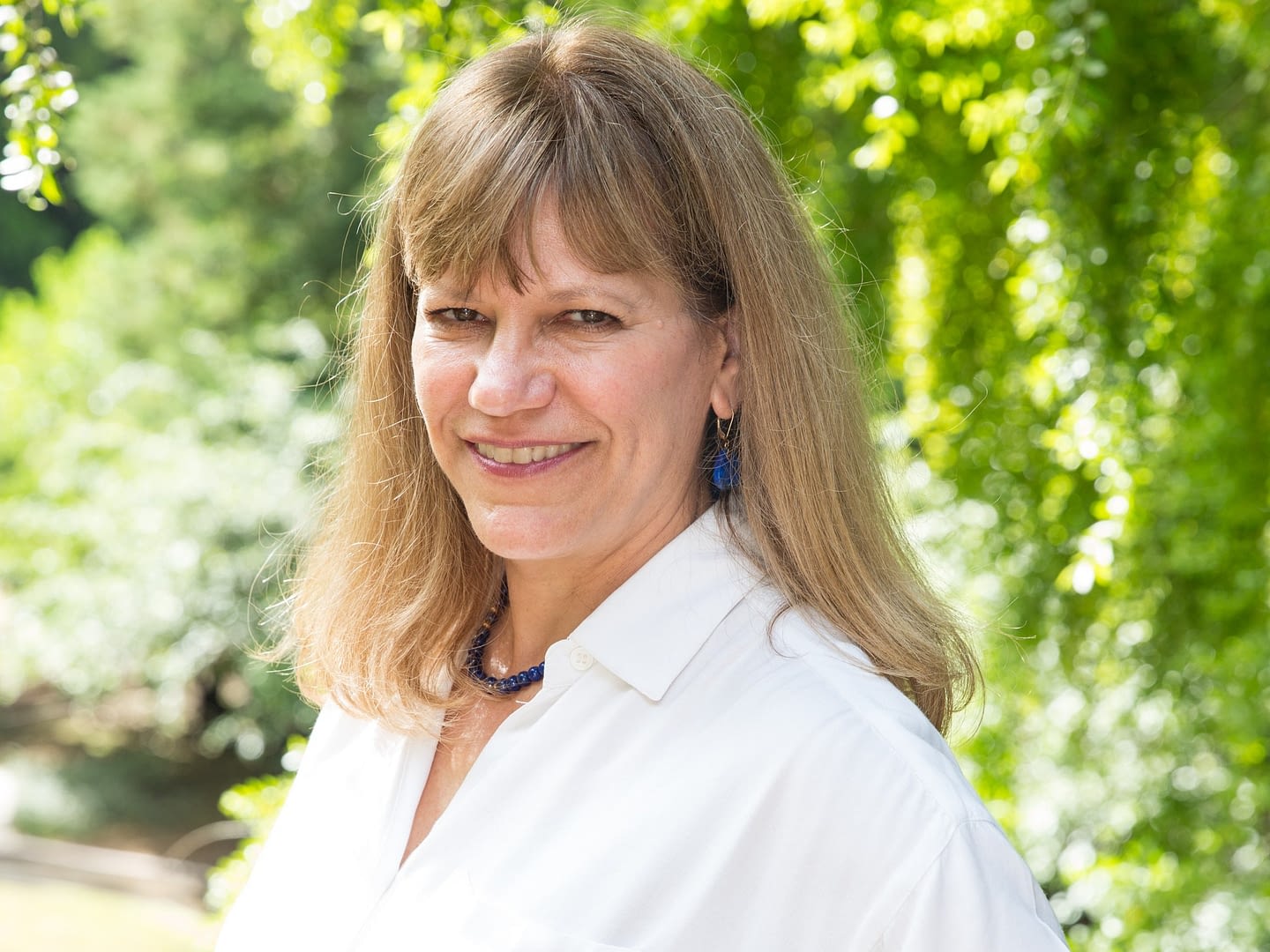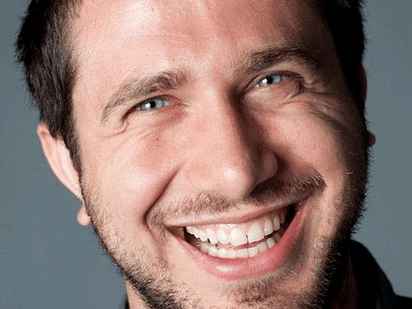 This great photo of Rhonda is courtesy of Nancy Mueller, a local photographer who kindly took some pics at my home in Los Altos, California.
David describes his upcoming book, Feeling Great, which will be released in September of 2020. It will move well beyond his first book, Feeling Good: The New Mood Therapy, all will incorporate all of the latest hi-speed treatment techniques in TEAM-CBT (aka “Feeling Great Therapy.”) David describes his excitement about the team he is working with to publish his latest book, including Linda Jackson at PESI (the publishing company), and Jenessa Jackson, his editor.
Jeremy describes why he approached David to develop a Feeling Great app. As a Stanford student, he was depressed and had to drop out of school for semester. Antidepressants and talk therapy had done nothing for him, so he was feeling hopeless.
Then Jeremy discovered one of Dr. Burns’ students, Dr. Matthew May, and recovered in just two weeks, which was mind-blowing. Matt was one of the first practitioners in the world to use the new TEAM-CBT, Jeremy felt a tremendous drive to make these powerful new techniques available to people around the world.
This great photo of Rhonda is courtesy of Nancy Mueller, a local photographer who kindly took some pics at my home in Los Altos, California.
David describes his upcoming book, Feeling Great, which will be released in September of 2020. It will move well beyond his first book, Feeling Good: The New Mood Therapy, all will incorporate all of the latest hi-speed treatment techniques in TEAM-CBT (aka “Feeling Great Therapy.”) David describes his excitement about the team he is working with to publish his latest book, including Linda Jackson at PESI (the publishing company), and Jenessa Jackson, his editor.
Jeremy describes why he approached David to develop a Feeling Great app. As a Stanford student, he was depressed and had to drop out of school for semester. Antidepressants and talk therapy had done nothing for him, so he was feeling hopeless.
Then Jeremy discovered one of Dr. Burns’ students, Dr. Matthew May, and recovered in just two weeks, which was mind-blowing. Matt was one of the first practitioners in the world to use the new TEAM-CBT, Jeremy felt a tremendous drive to make these powerful new techniques available to people around the world.
Jeremy Karmel
David and Rhonda, of course, share this goal! In fact, Rhonda has recently gone to Mexico City as well as India to support the sudden and strong emergence of TEAM-CBT in those countries. Rhonda asks Jeremy many questions about the amazing recovery he experienced in his work with Dr. May, and how he’s been doing since. Then Rhonda, Jeremy, and David address a number of intriguing questions about the new app. For example, there is tremendous evidence from research that David’s first book, Feeling Good, has significant antidepressant effects. In fact, many published studies have confirmed that more than 50% of depressed individuals will recover or improve dramatically within four weeks if you just give them a copy of the book. Is it possible that an app that incorporates all the great methods in Feeling Good, plus all the new techniques in TEAM-CBT, could be even more effective? And if so, would this mean that an electronic app could even outperform human therapists as well as antidepressant medications? David says that this has been his dream for more than 40 years, and he thinks this is a definite possibility. Jeremy agrees, since the app, now in creation, has the potential to be far more powerful and systematic than reading a book or even going to a therapist. Rhonda asks: “Are you trying to put human therapists out of business?” David believes that there will always be a place for human therapists, since the person to person support and connection is invaluable and desperately needed. However, the Feeling Great app can actually be a friend of human therapists, just as his book, Feeling Good, has been, working hand in hand with therapists helping to accelerate the recovery of their patients. In addition, the app can bring rapid help and relief to millions of people worldwide who cannot afford therapy, and those who simply cannot find effective therapy. David emphasizes the goal of having an entirely free version of the app for people without resources. Rhonda asks: “Will you be doing research as well as self-help “treatment” with the new app?” The answer to that is absolutely, yes, and the implications for incredible research into the causes and treatments for depression, anxiety and relationship problems are immense, especially if thousands or even tens of thousands of individuals use the Feeling Great app. For example, David has developed many psychological assessment instruments to help therapists and patients alike, but the costs and time required to develop and validate even a single short test can be substantial. In contrast, one might get more than enough data to evaluate a new instrument in just one day, which is mind-boggling. In addition, every time someone uses the app, we will learn more and more about what works, and what does not. This type of analysis is vitally important, but practically impossible, or at the very least arduous and confusing, when working with human therapists, due to the complexity of what’s happening, and the intense bias of therapists and researchers alike. The computer, by way of contrast, does not mind being wrong and moving in different and more promising directions! Rhonda, Jeremy and David will let all of you know when a beta version of the new app, is available, and hopes that many of you will try it out and let us know what you think! David will also let you know when pre-ordering for his new book, Feeling Great will be available as well! David and RhondaReferences on Homework Compliance and Motivation
Burns, D. D., Shaw, B. F., & Crocker, W. (1987). Thinking styles and coping strategies of depressed women: An empirical investigation. Behavior Research and Therapy, 25(3): 223 – 225. Burns, D. D., & Nolen-Hoeksema, S. (1991). Coping styles, homework compliance and the effectiveness of cognitive – behavioral therapy. Journal of Consulting and Clinical Psychology, 59(2): 305 – 311. Burns, D. D., & Nolen-Hoeksema, S. (1992). Therapeutic empathy and recovery from depression in cognitive – behavioral therapy: a structural equation model. Journal of Consulting and Clinical Psychology, 60(3): 441 – 449. Burns, D. D., & Spangler, D. (2000). Does psychotherapy homework lead to changes in depression in cognitive behavioral therapy? Or does clinical improvement lead to homework compliance? Journal of Consulting and Clinical Psychology, 68(1): 46 – 59. Burns, D. D., & Spangler, D. (2001). Can We Confirm Our Theories? Can We Measure Causal Effects? A Reply to Kazantzis et al. (2001). Journal of Consulting and Clinical Psychology, 69(6), 1084-1086. Burns, D., Westra, H., Trockel, M., & Fisher, A. (2012) Motivation and Changes in Depression. Cognitive Therapy and Research DOI 10.1007/s10608-012-9458-3 Published online 22 April 2012.


